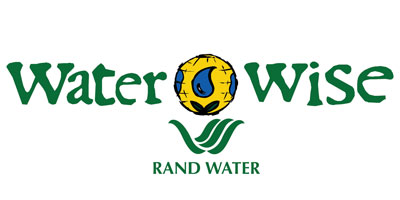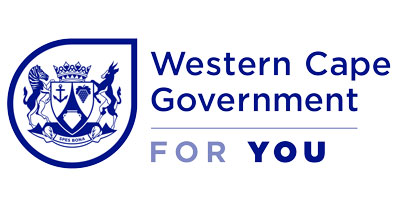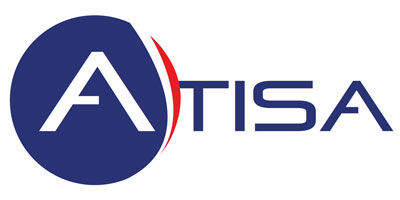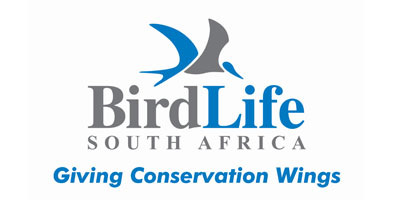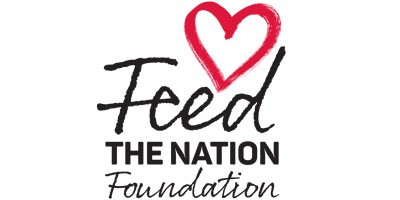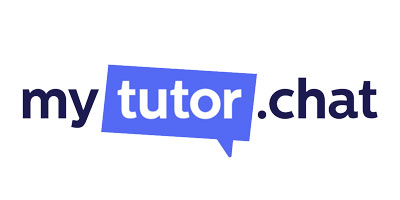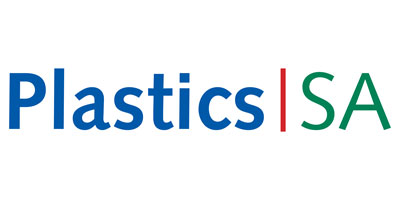At this momentous time in history, we have all been called upon to stay at home in order to safeguard the health of fellow South Africans. Whilst understanding and co-operating with these requirements, parents who are needing to work remotely as well as care for pre-school children and complete all the domestic chores that build up when everybody is living in one space may be feeling extremely frustrated and overwhelmed. This certainly requires a re-vamp of our routines, objectives and lifestyles. This article offers some idea of activities to carry out with preschoolers who will not have set educational content being delivered online from schools, as older children may. Whatever activities you do with your preschooler it is best to adopt a playful and confident tone. Keeping a consistent routine helps to ground children and it is comforting for them to know what is coming next.
Routine: Getting up at the same time every day, making their beds as well as possible, dressing themselves, having breakfast and brushing their teeth are all good habits for children. Include regular and frequent breaks and a mid-morning and mid-afternoon snack as well as outside time, if possible, to gain the mood and immune-boosting benefits of sunlight and fresh air.
Chores: If you are all at home, it is only fair that children be involved in keeping the house orderly. To get an idea of what types of chores are age-appropriate see the chart below. Select the chores you feel are manageable for your children and schedule them into regular time slots so that expectations are clear.
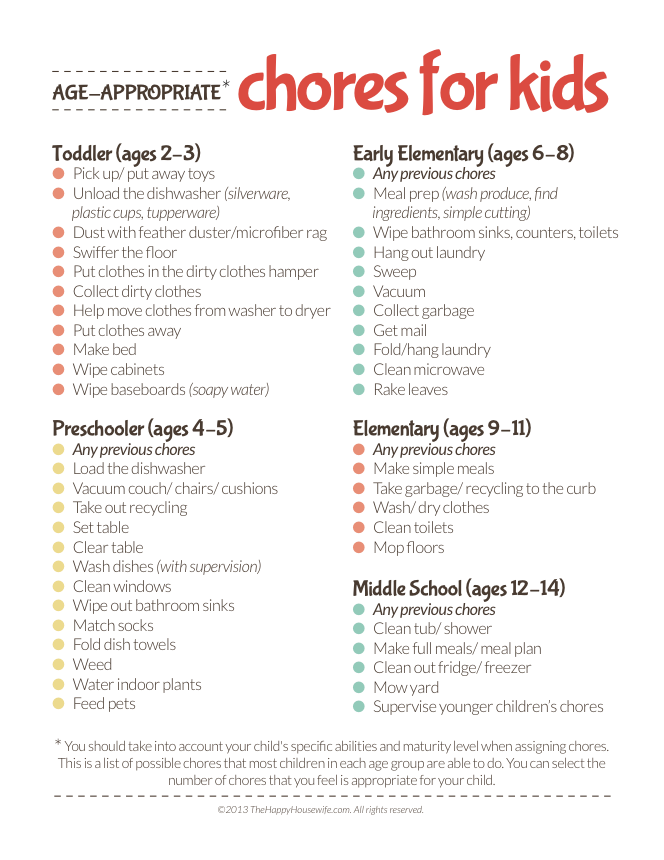
Letter introduction: Depending on the readiness of the child, the best way to introduce letters is by reading consistently to children (nursery rhymes, rhyming books, picture books) and pointing out the different shapes of letters as you go along. Familiarise them with the print world around them, pointing out letters on milk cartons, cereal boxes, toothpaste etc. The best letters to start with are the letters of the child’s name. Being able to recognise his or her name is very exciting and empowering for children.
Older children may be able to trace and sound out letters. See our resources for Grade R level children at www.schoolclub.co.za – Grade R
Fine motor activities include:
- clapping hands
- finger games like Itsy Bitsy Spider – there are some ore ideas here: https://theinspiredtreehouse.com/finger-games-kids/
- buttoning and unbuttoning and working a zipper
- lacing cards – learn how to make you own at https://www.youtube.com/watch?v=hRT1JjNQkec
- threading big beads
- cutting simple shapes with safety scissors and pasting – check out this link for some guidance: https://www.parents.com/toddlers-preschoolers/development/physical/teaching-preschoolers-to-use-scissors/
- drawing and colouring in simple pictures. A great resource for printables suitable for age 4 is found at: https://www.activityshelter.com/?s=4+year+old and for age 5 go here: https://www.education.com/worksheets/preschool/
- copying a circle or cross on a piece of paper
- completing shape puzzles
- playing with different colour blocks (aim to have them build a tower of ten blocks)
- making shapes with Playdough
- Sand play
Learning simple rhymes and songs such as Humpty Dumpty, Jack and Jill, Row Row Row Your Boat, Five Little Ducks, Old MacDonald, The Wheels on The Bus, London Bridge, Jack Sprat. Older children of 5 or 6 will enjoy more complex rhymes and may wish to memorise them. For example, poetry by Dr Seuss or Shel Silverstein, Twinkle Twinkle Little Star, Jack Be Nimble, Old Mother Hubbard, Baa Baa Black Sheep, There Was an Old Woman and Little Jack Horner.
Fun art and craft projects – these activities are extremely rewarding for children but as a parent you will need to embrace the mess, be able to step back to allow your child’s creativity to emerge unhindered, and keep it short, as little ones can’t sit still for long. Some wonderful ideas that use simple, everyday items can be found here: www.schoolclub.co.za
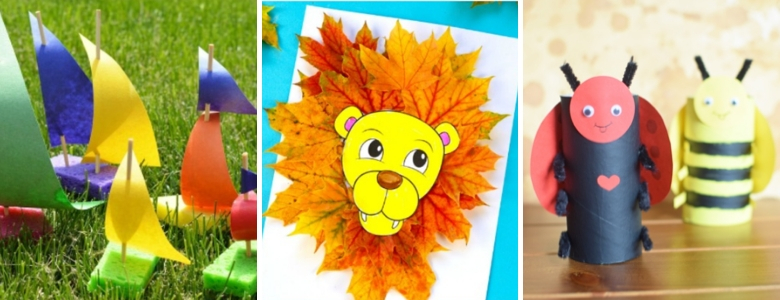
Making Maths connections – a floor number game is useful here. See this link for further instructions: https://busytoddler.com/2017/08/preschool-counting-activity-number-boxes/
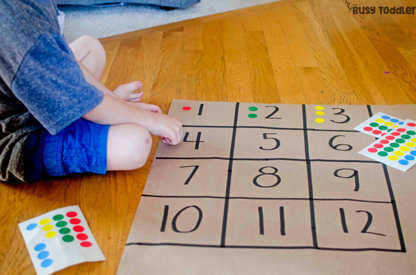
The app “Toddlers and Pre-K Kids” designed by teachers helps to build fundamental maths skills in a fun, simple and interactive way. It can be downloaded here: https://apps.apple.com/us/app/preschool-math-app-first-numbers-counting-games-for/id1143554619. A collection of apps for 5 and 6 year olds can be found here: https://www.simplykinder.com/math-apps-for-kindergarten/.
Gross Motor Activities for Pre-Schoolers – Obvious outdoor gross motor activities include swimming, riding tricycles and scooters and playing on jungle-gyms. Unfortunately, these are not available to those without their own yards. Here are a few popular indoor activities you can enjoy together:
- Toss bean bags into baskets
- Paint some paper plates different colours and place them on the floor in rows. Have your child step on only plates of one colour and practice big steps (plates far apart) and small steps (plates close together)
- Toss balls back and forth. This can be coupled with rhyming words.
- “Move like an animal” – have a look at these different “animal movements” that children can try: https://lemonlimeadventures.com/animal-walks-sensory-diet/
- Indoor hopscotch
- Balloon and bubble play
- Dancing to music
- On the spot exercises: touch your toes; arm circles; hop on one foot; jump forward; take big steps; take tiny steps
Here are some more gross motor activities for preschoolers to help them burn off energy:
https://handsonaswegrow.com/gross-motor-activities-preschoolers/
Hopefully this collection of activities will help you to establish some firm favourites with your children over the coming weeks and lead you to explore many different ideas as you go along!








